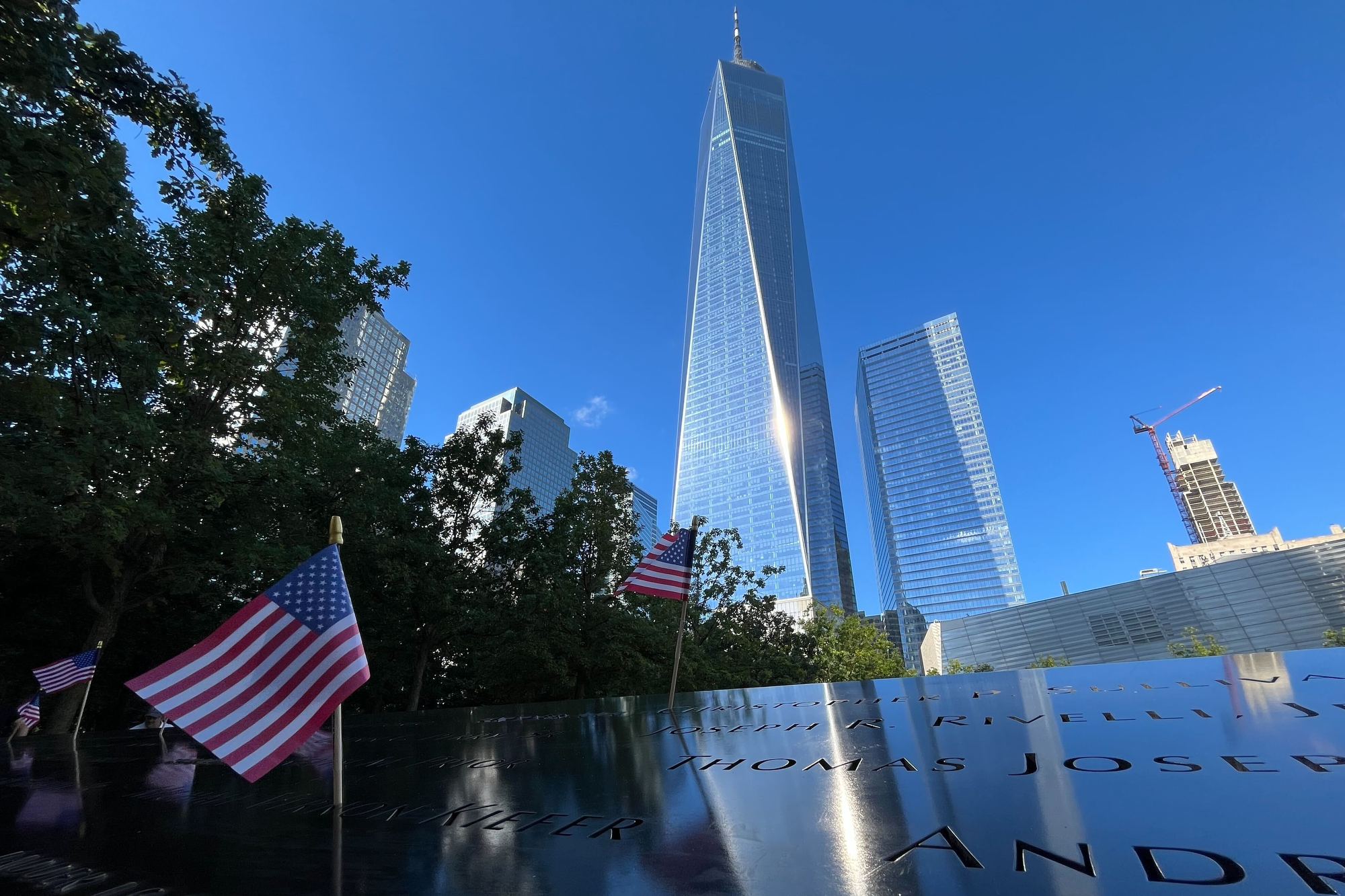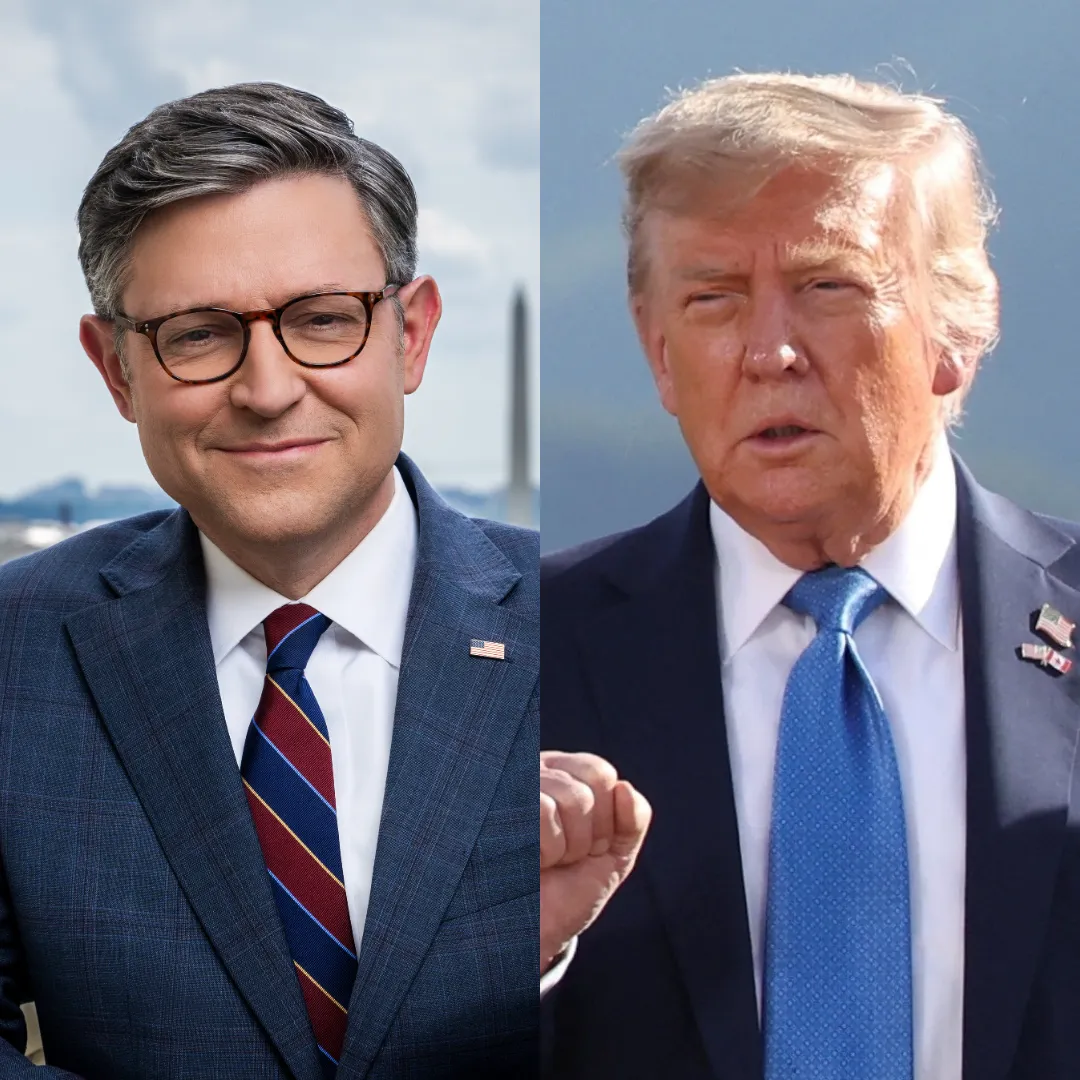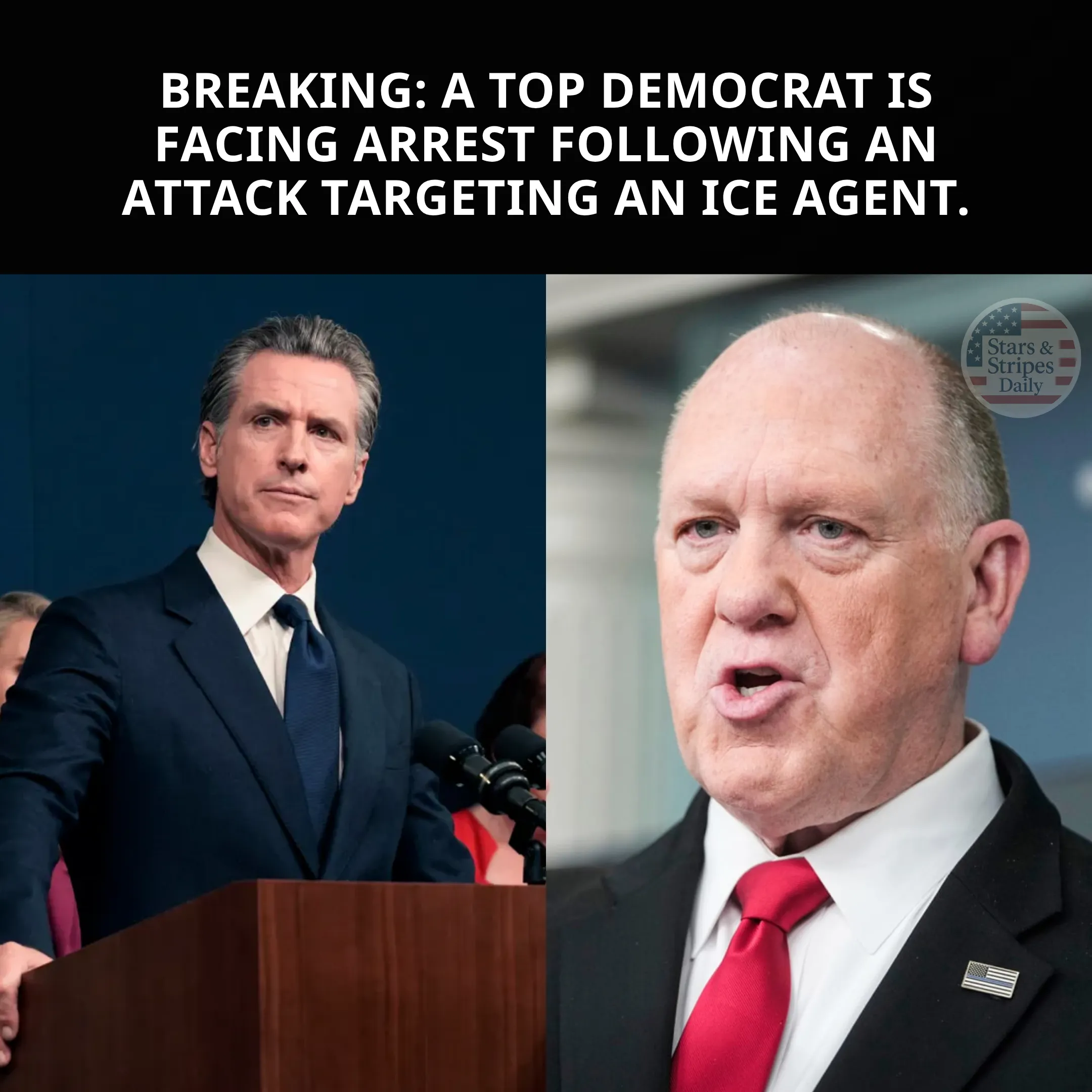The recent election of Zohran Mamdani as the Democratic nominee for mayor of New York City in the 2025 primary has ignited a firestorm of controversy, particularly among those who view his victory through the lens of the September 11, 2001, terrorist attacks.
Mamdani, a 33-year-old Democratic Socialist and state assemblyman of Muslim faith, secured a commanding lead over former Governor Andrew Cuomo, positioning him as a frontrunner to become the city's first Muslim mayor.
This historic outcome, unfolding on June 24, 2025, has prompted intense debate about whether New Yorkers have overlooked the memory of the nearly 3,000 victims killed by al-Qaeda terrorists, a group rooted in a radical interpretation of Islam.
This article examines the election results, the cultural and political currents that shaped them, and the complex interplay between historical trauma and contemporary electoral choices.
The events of 9/11 remain etched in the collective consciousness of New Yorkers and Americans alike. The collapse of the World Trade Center towers, the attack on the Pentagon, and the crash of United Flight 93 in Pennsylvania claimed lives from diverse backgrounds, united only by their presence in the wrong place at the wrong time.
For many, the perpetrators' association with Islam has fostered a lingering suspicion toward the religion, a sentiment amplified in the years following the attacks by heightened security measures and public discourse.
The election of a Muslim candidate to lead New York City, the epicenter of that tragedy, thus raises poignant questions about memory, forgiveness, and the evolution of societal attitudes over the past two decades.
Mamdani's campaign focused on pressing urban issues such as housing affordability, free public transportation, and economic equity, resonating with a diverse coalition of voters, including young people, South Asians, and Muslim communities.
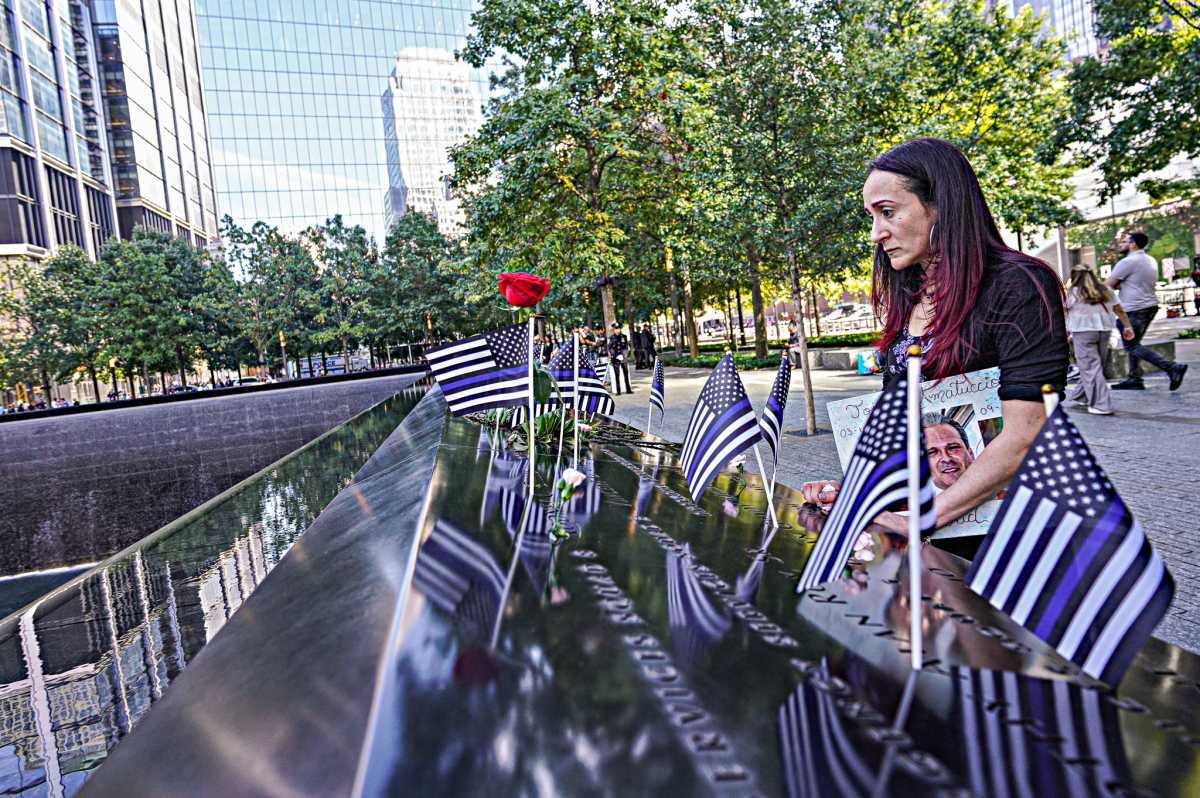
His platform, endorsed by progressive luminaries like Bernie Sanders and Alexandria Ocasio-Cortez, emphasized a break from traditional political establishments, a message that galvanized support in a city grappling with rising costs and political disillusionment.
Yet, his personal background—born in Uganda to Indian parents and raised in New York after immigrating as a child—has become a focal point of contention. Critics argue that his Muslim identity evokes the specter of 9/11, suggesting that his election represents a betrayal of the victims' memory.
The accusation that New Yorkers have "forgotten" the 9/11 victims stems from a narrative that links Mamdani's faith to the actions of the terrorists, a connection that oversimplifies both his beliefs and the broader Muslim community.
Mamdani has publicly distanced himself from extremism, advocating for human rights and condemning violence, including in the context of the Israeli-Palestinian conflict.
His campaign highlighted his American citizenship, earned in 2018, and his commitment to serving all New Yorkers, regardless of their backgrounds.
Nevertheless, some voices, particularly on social media, have seized on his religion to frame his candidacy as a symbolic affront to the city's history, with claims that his victory signals a submission to ideologies associated with the attackers.
Election data reveals a more nuanced picture. Mamdani's lead in the Democratic primary, where he garnered 43.5 percent of first-choice votes compared to Cuomo's 36.3 percent, reflects a significant turnout of over 980,000 voters, the highest since 1989.
This surge suggests that his message transcended religious or ethnic lines, appealing to a broad base frustrated with incumbent Mayor Eric Adams and the political status quo.

The use of ranked-choice voting further complicated the outcome, with final results pending until July 1, 2025, as second and third preferences are tallied.
This process underscores a democratic mechanism designed to reflect diverse voter priorities, potentially diluting the influence of any single issue, including historical grievances.
The cultural evolution since 9/11 provides additional context. New York City, home to approximately one million Muslims, has witnessed a gradual shift in public perception, marked by efforts to combat Islamophobia and integrate its Muslim population into civic life.
Events like the controversy over the proposed "Ground Zero Mosque" in 2010 highlighted lingering tensions, yet they also spurred dialogue about religious freedom and coexistence.
Mamdani's campaign leveraged this progress, engaging with Muslim community centers and emphasizing his faith as a source of strength rather than division.
His victory can thus be seen as a testament to a city that, while scarred by 9/11, has sought to redefine its relationship with its Muslim residents over the intervening years.
Critics, however, point to the timing of the election, occurring less than a generation after the attacks, as evidence of insensitivity. The presence of memorials like the 9/11 Museum and annual remembrance ceremonies suggests that the event remains a living memory for many.
Some argue that electing a Muslim mayor so soon after such a trauma risks alienating families of the victims, who continue to mourn. This perspective gained traction in certain online circles, where posts accused Mamdani of harboring extremist sympathies, citing his father's academic work on Palestinian issues as indirect evidence.
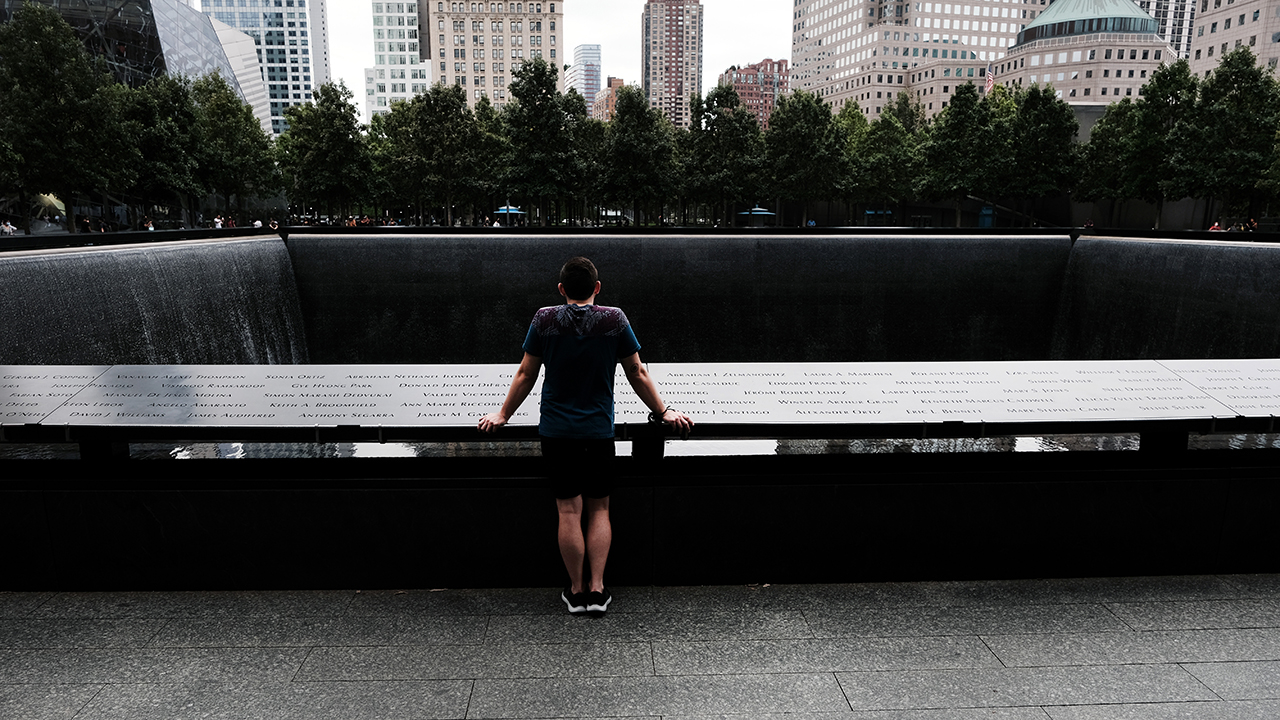
Such claims lack substantiation and reflect a broader tendency to conflate individual identity with collective guilt, a fallacy that historians and sociologists have long critiqued.
Mamdani's political ideology, labeled by detractors as "communist," adds another layer to the controversy. His affiliation with the Democratic Socialists of America and proposals for rent freezes and city-owned grocery stores align with progressive economic policies rather than the authoritarian models associated with communism.
This rhetoric, however, taps into Cold War-era fears that resurface in American political discourse, particularly among conservative commentators.
The combination of his Muslim faith and socialist leanings has fueled a narrative that portrays his election as a radical departure from American values, a view that overlooks the democratic process through which he emerged victorious.
The role of voter turnout and demographics further complicates the narrative of forgetfulness. Mamdani's success in Queens, particularly among South Asian and Latino communities, indicates a mobilization of groups that may not have been as politically active in 2001.
Younger voters, less directly impacted by 9/11, appear to have embraced his vision, with polls showing a 2:1 preference among those under 50.
This generational shift suggests that the memory of 9/11, while potent, does not hold the same weight for all New Yorkers, especially those who came of age in a post-9/11 world where diversity and inclusion have become central themes.
The broader political landscape also influenced the election. The unpopularity of Eric Adams, marred by corruption allegations despite their dismissal in 2025, created an opening for challengers like Mamdani.
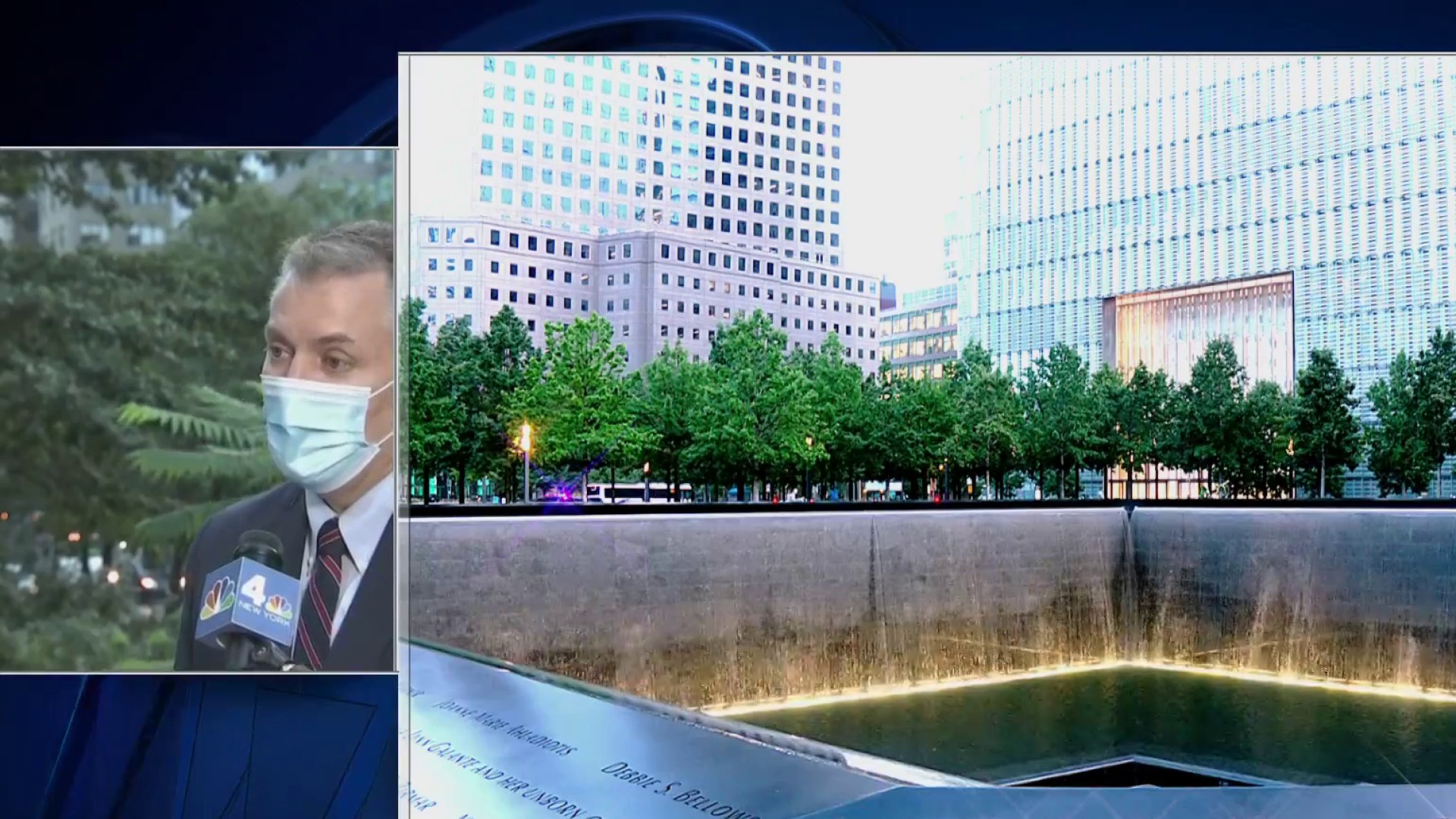
Andrew Cuomo, despite his name recognition and centrist appeal, struggled to overcome his own scandals and a lack of grassroots energy. Mamdani's campaign, bolstered by social media savvy and a robust volunteer network, capitalized on this vacuum, presenting a fresh alternative.
The general election in November, featuring Adams as an independent, Curtis Sliwa as the Republican nominee, and potentially Cuomo on an independent line, promises a contentious race that will test Mamdani's ability to unify a divided electorate.
Public reaction has mirrored the city's polarization. Supporters celebrate Mamdani's win as a milestone for representation, with some viewing it as a rejection of the establishment rather than a dismissal of 9/11's legacy.
Critics, meanwhile, warn of a slippery slope, arguing that his election normalizes ideologies they associate with the attackers. This divide reflects a deeper societal struggle to reconcile historical trauma with the demands of a multicultural democracy.
The absence of a unified stance from victim families or official memorials complicates the debate, as their perspectives remain diverse and often private.
Internationally, the election has drawn attention as a barometer of American attitudes toward religion and politics. In a global context where Islamophobia persists, Mamdani's potential mayoralty could signal a model of integration, though it may also invite scrutiny from nations with their own histories of religious conflict.
The Trump administration's influence, particularly its decision to drop charges against Adams, adds a layer of irony, given its rhetoric on immigration and security, yet it underscores the unpredictable nature of current politics.
In assessing whether New Yorkers have forgotten the 9/11 victims, the evidence suggests a more complex reality. The election of Mamdani does not indicate amnesia but rather a conscious choice to prioritize present challenges over past associations.

The city's history of resilience, from rebuilding the World Trade Center site to embracing diverse leadership, supports this interpretation. Yet, the persistence of 9/11 as a cultural touchstone ensures that the debate will endure, particularly as Mamdani navigates his campaign and potential tenure.
The path forward for Mamdani involves addressing these sensitivities directly. His ability to honor the 9/11 legacy while advancing his agenda will shape his legitimacy as mayor.
For New Yorkers, the election serves as a mirror, reflecting both the pain of the past and the aspirations of a city that continues to evolve. Whether this moment represents progress or provocation depends on one's perspective, but it undeniably marks a turning point in the city's political and cultural narrative.
As the general election approaches, the dialogue surrounding Mamdani's candidacy will likely intensify, offering further insight into how New York balances its history with its future.
